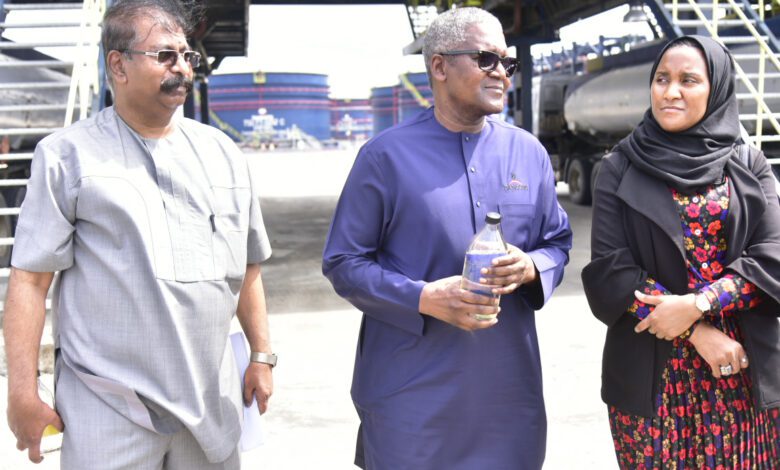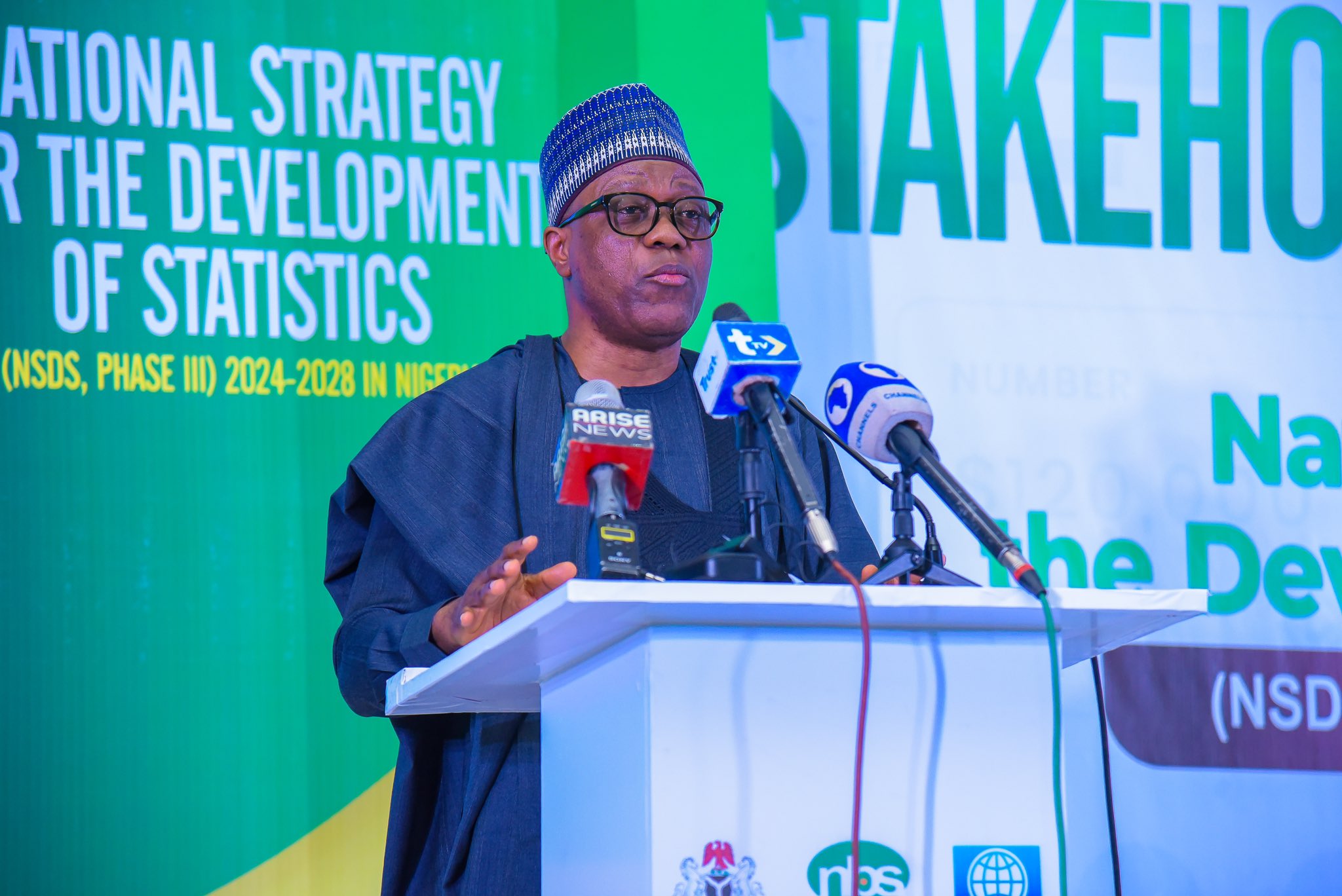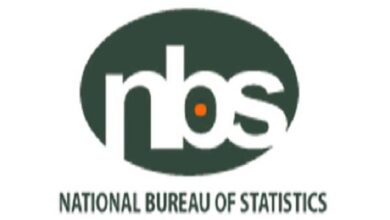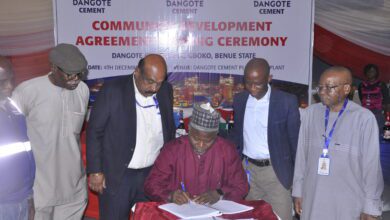
After over eight years of financial struggles, and regulatory bottlenecks, the $20 billion Dangote Refinery and Petrochemicals has begun production of petroleum products, and expected to hit the Nigerian market any moment from now.
The development which is coming 28 years after the four Nigeria’s refineries ceased domestic refining is indeed a notable milestone for Nigeria’s economy and a game changer for the downstream petroleum product market in Africa.
Officially confirming the rollout of the petrol at a Press Conference on Tuesday at Ibeju-Lekki, Lagos, the President of the Dangote Group, Aliko Dangote said, for the first time, Nigerians will gain a clear understanding of the country’s actual fuel consumption.
He highlighted that the refinery would significantly reduce fuel imports, save foreign exchange, contribute to stabilising the naira, lowering inflation, and reducing the cost of living.
He expressed gratitude to Nigerians for their support and applauded President Bola Tinubu for providing the conducive environment that made the successful launch of the refinery possible.
He stated, “Today is a momentous occasion because Nigeria has not produced petrol, or gasoline, for many years. As I stand here, I want to extend my gratitude to the people of Nigeria and to President Bola Ahmed Tinubu’s administration for creating the environment that has enabled us to achieve this monumental task. This development will provide energy for our nation’s growth, development, and prosperity.”
He continued, “I want to personally thank Mr. President for introducing the concept of ‘Naira for Crude’ and ‘Naira for Products.’ This initiative will bring much-needed stability to the Naira by reducing the demand for dollars in the market by 40%, which will help stabilise the exchange rate.
“But that’s not all. It will also address issues like ‘round-tripping,’ where fuel is documented but doesn’t actually enter Nigeria. With this new refinery, we will have a clear view of true consumption. We’ll be able to track every loaded truck and, as much as possible, monitor loaded ships. This will allow us to precisely determine consumption patterns, though that’s a topic for another discussion.
“Today, we are here to celebrate and give thanks to God Almighty for bringing us to this point where we can produce gasoline. Many doubted we would achieve this, but we have delivered.
“We owe a debt of gratitude to the President and his government. Without their support, we wouldn’t be where we are today. I believe this refinery will transform not only Nigeria but also the entire Sub-Saharan Africa. Our capacity will not only meet Nigeria’s needs but also serve the demands of the broader region.”
Recall that the construction of the Dangote refinery started in 2016, a year into the first term of the administration of ex-President Muhammadu Buhari, with a size spanning nearly 4,000 football fields at the Lekki Free Zone outside Lagos State.
The Refinery which was designed to produce Euro-V quality gasoline and diesel as well as jet fuel and polypropylene was commissioned by Buhari on May 22, 2023.
With the capacity to produce 650,000 barrels per day, the Dangote refinery would meet the nation’s oil demand, as Nigerians consume around 33 million litre (8.7 million gallons) of petrol daily.
Even as one of the largest oil producers in Africa, Nigeria lacked the capability to refine its oil, consequently, has been relying on imported fuel.
Available date showed that the importation of fuel has cost the nation about N23.5trillion over the last five years. Particularly, between 2022 and 2023, fuel importation cost the country a whooping sum of N15.2 trillion – more than half of the total cost incurred in the last five years.
With the Dangote refinery now fully operational, the issue of importation of fuel has been brought to rest.
The refinery is expected to create 100,000 jobs, $21billion annual revenue, target about 53 countries in Africa that currently dependent on imports to meet their petroleum products’ demand.
It is also expected to stabilise the naira by reducing the demand for dollars in the market by 40 percent, which will help to stabilise the exchange rate.
On the colour of the petrol, available study shows that petrol has different colours depending on the additives used during refining. When it is red that means Octane was added. When it’s slightly green then it means Octane is slightly very much.
When the petrol colour is yellow it means it has no lead in it. That means it’s unleaded. But when it’s clear as water as seen in the video by Dangote then you should know that ethanol was used.
What ethanol does is that it improves engine efficiency and power. Because it has a good amount of carbonation in engines thereby reducing air pollution which comes as Carbon dioxide. Which means that Dangote has the best form of fuel.






